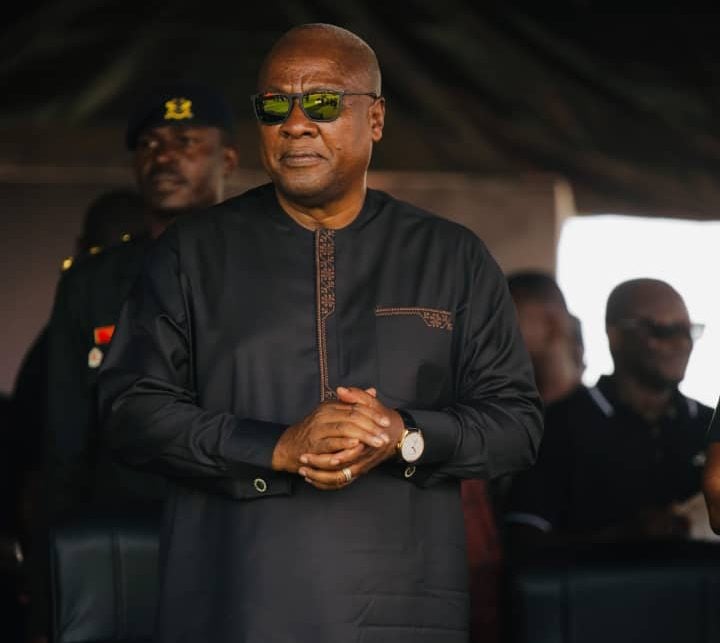The passing of Nana Dr. Agyekum Addo, CEO of KAMA Group of Companies, has prompted a poignant reflection on leadership and the profound impact of policy decisions on the lives of ordinary citizens. Former President John Dramani Mahama, in his tribute to the late businessman, underscored the need for leaders to exercise prudence and foresight, recognizing that their choices can have far-reaching consequences, both positive and negative, for the populace. The untimely demise of Dr. Addo, attributed in part to the stresses stemming from the government’s Domestic Debt Exchange Programme (DDEP), serves as a stark reminder of this critical responsibility.
The Domestic Debt Exchange Programme, implemented by the previous administration, aimed to restructure the nation’s debt profile. However, the program’s execution resulted in significant financial losses for many bondholders, including Dr. Addo. President Mahama highlighted the plight of countless individuals, particularly senior citizens, who saw their pension funds and life savings decimated by the DDEP. While Dr. Addo’s story garnered public attention due to his prominent position, thousands of others suffered in silence, their stories untold, their struggles unseen. Many, like Dr. Addo, faced immense financial strain, jeopardizing their health and well-being, ultimately leading to premature deaths or a life of impoverishment.
President Mahama’s message resonates with the fundamental principles of good governance – accountability, transparency, and a deep commitment to the welfare of the people. He stressed that leadership positions should not be viewed as opportunities for self-enrichment or the pursuit of narrow political agendas, but rather as sacred trusts, demanding empathy, prudence, and a keen awareness of the human cost of every decision. The consequences of policy choices extend far beyond balance sheets and economic indicators; they touch the lives of real people, impacting their families, their communities, and their future.
The late Dr. Addo’s experience serves as a cautionary tale. He was a successful entrepreneur, a respected figure in the business community, and a provider for his family. Yet, the DDEP, with its unforeseen consequences, stripped him of his financial security, contributing to his untimely passing. His story, while tragic, carries a profound lesson for policymakers. It underscores the importance of thorough analysis, comprehensive stakeholder engagement, and a genuine commitment to mitigating potential harm before implementing policies that could have such devastating effects on individuals and families.
The call for responsible leadership is not merely a political slogan; it is a moral imperative. Leaders must recognize that their decisions have the power to shape the destiny of a nation and the lives of its citizens. The pursuit of economic growth and stability should not come at the expense of human well-being. Policies should be crafted and implemented with careful consideration for their social impact, ensuring that they uplift rather than impoverish, that they empower rather than disenfranchise, and that they protect the vulnerable rather than exposing them to undue hardship.
In his tribute, President Mahama offered condolences to the bereaved family, urging them to find solace in the legacy of service and entrepreneurship that Dr. Addo leaves behind. Beyond the immediate family, however, the former President’s message extends to the entire nation, serving as a call to action for all those in positions of authority. It is a reminder that true leadership is not measured by power or prestige, but by the impact it has on the lives of the people it serves. It is a call to prioritize compassion, empathy, and a deep understanding of the human consequences of every decision made. The memory of Dr. Addo, and the countless others affected by the DDEP, should serve as a constant reminder of this profound responsibility.














